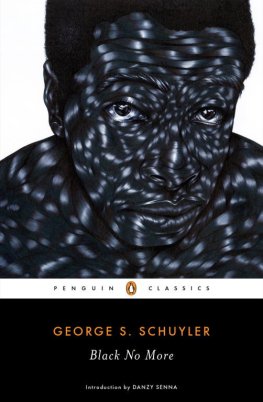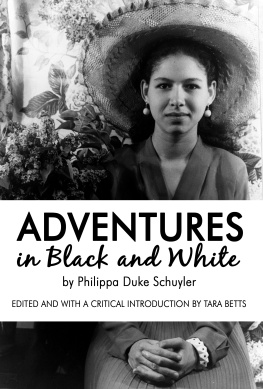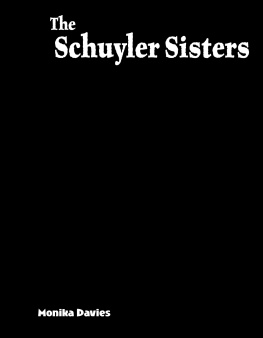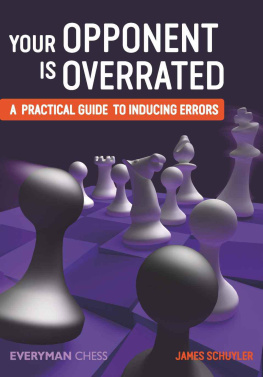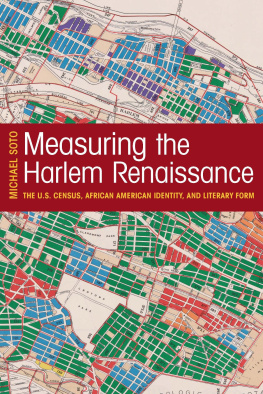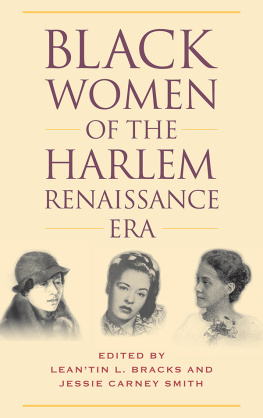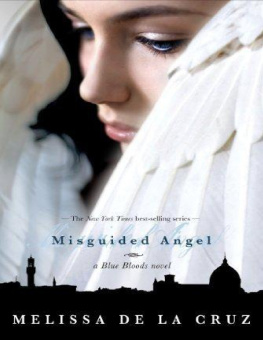THE SAGE OF SUGAR HILL
The Sage of Sugar Hill
GEORGE S. SCHUYLER AND THE HARLEM RENAISSANCE
JEFFREY B. FERGUSON

Dedicated to the memory of my father
Theodore Watson
who was
Copyright 2005 by Yale University.
All rights reserved.
This book may not be reproduced, in whole or in part, including illustrations, in any form (beyond that copying permitted by Sections 107 and 108 of the U.S. Copyright Law and except by reviewers for the public press), without written permission from the publishers.
Set in Scala and Scala Sans type by Duke & Company, Devon, Pennsylvania.
Printed in the United States of America.
Library of Congress Cataloging-in-Publication Data
Ferguson, Jeffrey B., 1964
The sage of Sugar Hill : George S. Schuyler and the Harlem Renaissance / Jeffrey B. Ferguson.
p. cm.
Includes bibliographical references and index.
ISBN 0-300-10901-6 (alk. paper)
1. Schuyler, George Samuel, 1895- 2. Harlem (New York, N.Y.)Intellectual life 20th century. 3. African AmericansIntellectual life20th century. 4. Novelists, American 20th centuryBiography. 5. ConservativesUnited StatesBiography. 6. Journalists United StatesBiography. 7. African American journalistsBiography. 8. African American novelistsBiography. 9. Harlem Renaissance. I. Title.
PS3537.C76Z66 2005
813.52dc22
2005005779
A catalogue record for this book is available from the British Library.
The paper in this book meets the guidelines for permanence and durability of the Committee on Production Guidelines for Book Longevity of the Council on Library Resources.
10 9 8 7 6 5 4 3 2 1
CONTENTS
PREFACE
FEW CONCEPTS APPEAR MORE deserving of satirical treatment than race. Yet very few American writers have devoted themselves to the task. Mark Twain, Herman Melville, H. L. Mencken, and Sinclair Lewis stand out on this account among white canonical authors. Among black writers, from whom one might expect great enthusiasm for derisive ridicule of racist thought, Wallace Thurman, Rudolph Fisher, Ralph Ellison, Ishmael Reed, and Charles Johnson provide the best-known examples. One might quibble a bit with this particular selection of authors, but adding or subtracting a few would do little to alter the main point. For the most part the American discourse on race has provided a stronghold for sincerity, melodrama, sentimentalism, and deep seriousness, but it has admitted the spirit of irony and humor only with the greatest discomfort and trepidation.
For George S. Schuyler, who devoted a large portion of his career as a black journalist and novelist from the early 1920s to the late 1970s to a thoroughgoing satire of the race concept, this discomfort indicated a telling weakness. In his view the facts of American race relations reduced to a dynamic of wholesale cultural and biological intermixture made even more powerful in some ways by repression and denial. According to Schuyler, this granted the ironist clear advantages of insight over the moralist, who tended to ground his or her antiracist appeal in stale rules and regulations that every racist enjoyed violating. Schuyler also rejected the gradualist and the conformist, both of whom believed that blacks had to become more like whites to demonstrate their qualification for the fruits of American democracy. He believed that black and white Americans shared the same fundamental values and the same cultural shortcomings. Although he protested mightily against unjust racial practices, Schuyler also challenged the protester, whose need to cast blacks as victims had both utility and debilitating effects when taken to extremes.
Schuylers keen challenge to the moralist, the gradualist, the conformist, and the protestercombined with his fifty-five-year career as a prominent black journalistwould in itself make him a good subject for a critical book about American race relations. But his use of the satirical mode as a means to this end really sets him apart among American intellectuals in general and among black American intellectuals in particular. Rather than simply advocate open intellectual, cultural, social, and biological mixture of the races, Schuyler fashioned a satirical style that employed racial transgression as an inherent feature of intellectual practice. His social and cultural ideal, which conflicted in every way with the sentimental dreams of those who desired uninterrupted harmony at the table of interracial brotherhood, involved a confrontational and sometimes violent process of interchange among individuals, groups, and the ideas that they represented. In the process of advancing his turbulent and in many ways contradictory alternative solution to the Negro problem, Schuyler criticized, cajoled, and dismissed almost everyone in his erawhite and black, conservative and radical, racist and antiracistwho had anything of significance to say about the race question. He did this mainly for the black audience of the Pittsburgh Courier, whose assumptions about race he challenged, almost always with a laugh, for four decades. This fact alone speaks volumes concerning the diversity of discussion among blacks, which our treatment of American intellectual history has only begun to recognize. In his most becoming guise, Schuyler symbolizes this diversity even as he challenges the liberal values that stand behind the celebration of diversity for its own sake.
I first encountered George Schuylers unique approach to the race question in an introductory black literature course in the early 1980s. At the time Schuylers raucous satire Black No More (1931)which told the story of a treatment that allowed blacks to turn whitewas something of an experimental choice. Although more than fifty years had passed since its publication, the brilliant absurdist humor of Schuylers satire still seemed somewhat ahead of the pace of Black Studies, then a young and embattled field still more in need of heroes than iconoclasts. Also, Schuylers reputation as a prominent archconservative and anticommunist, established during the second half of his career, from the late 1940s until the 1970s, contributed further to his exclusion. In fact, for the few people in the field who knew about him, he seemed the closest approximation of a black poster child for all the wrong causes. In this spirit the introduction to the 1971 edition of Black No More that we used for class (written by Charles R. Larson) sincerely discouraged the reader from contaminating her mind with Schuylers caustic sacrilege.
In the context of the early 1980s, with most Black Studies professors involved in one way or another with a long series of strugglesfrom South African divestment to affirmative action to multiculturalism to the civil rights backlash of the so-called Reagan Revolutionthe field had something of a circled wagons character, even as it struggled to expand its theoretical, ideological, and substantive range. The prevailing perception of threat, rooted in the fear that earlier gains might be lost, made talk of loyalty and disloyalty so prominent in the field that even as a student I found it palpable. I also found such talk, and the battles that formed around it, a bit confusing. A threatened and embattled area of study required some loyalty, I thought, but I could not make up my mind concerning what this meant. I also worried that excessive constraints on intellectual freedom might render the study of black Americans static and stale when thriving meant propagating in all directions, even in the ones that appeared dangerous at the time. My reservations notwithstanding, this last thought granted creative disloyalty a decidedly positive valence in my emerging list of intellectual valuesand this made


